Material / Heat treatment / Surface treatment
Materials possible with cold forming / deep drawing
We have experience in processing the following materials with the cold forming & deep drawing process. If your preferred material is not listed below, please consult with us.
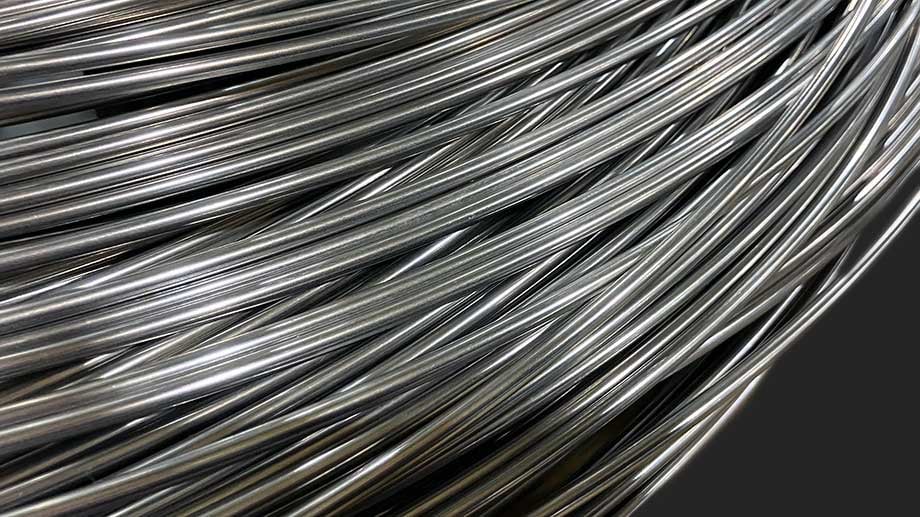
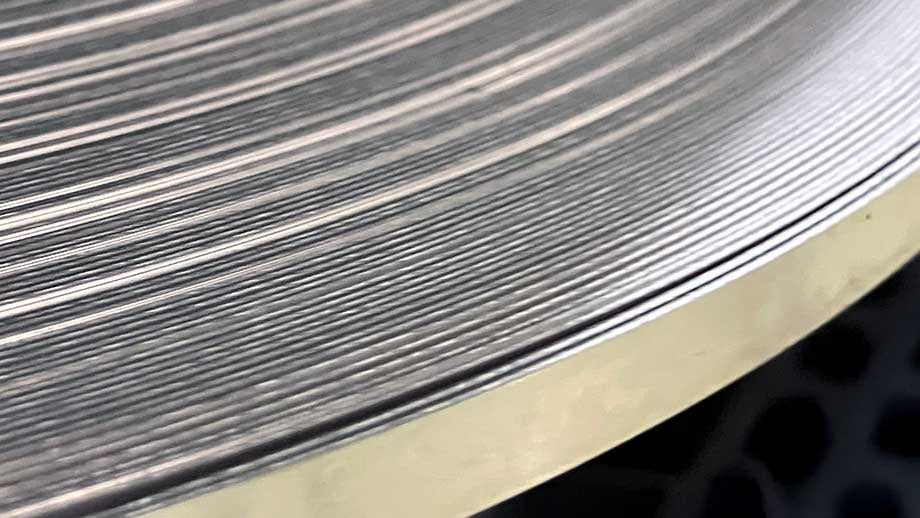
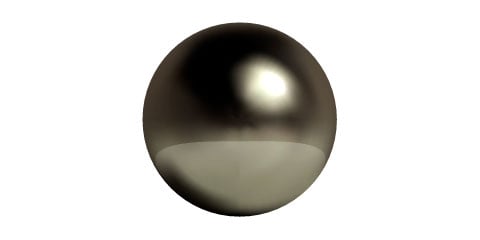
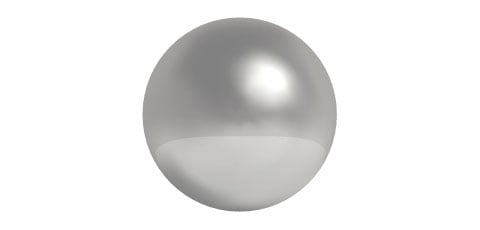
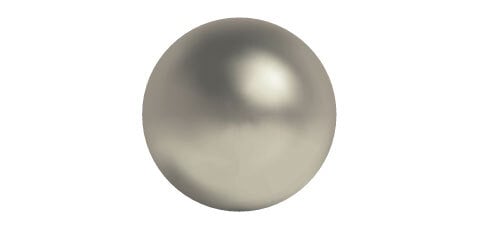

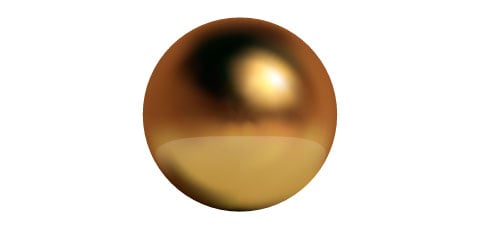
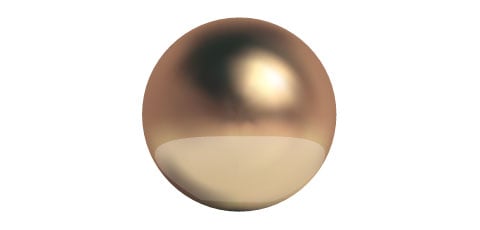
Heat treatment
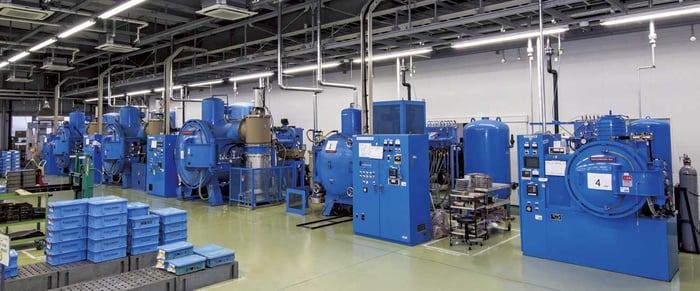
We handle many kinds of heat treatment in-house. For certain types, we utilize external contractors.
Types of heat treatment
- Quenching and tempering
-
Quenching is done to increase the hardness of metals. Although quenching increases hardness, it also makes the metal less tough and more brittle, so tempering is often performed after quenching to restore some of the material's toughness.
- Annealing
-
Annealing softens the material and improves material ductility by removing some of the deformation caused by work hardening.
- Normalizing
-
This heat treatment is performed to remove the internal deformation of a product caused during a forming process, to restore the metal structure to its normal state, or to make its crystal grains finer. It also enhances the strength and ductility of metals.
- Carburizing
-
This heat treatment hardens the surface of material. The degree of hardening depends strongly on the amount of carbon, which means that only the surface of a product can be hardened while allowing its internal structure to remain soft. This technique is commonly used to provide products with both wear resistance and toughness properties.
- Nitriding
-
This heat treatment exposes iron or a titanium alloy to a high-temperature nitrogen atmosphere to allow nitrogen to diffuse into the surface of the metal, thereby hardening the surface. The process causes little change in material dimensions and enables the manufacture of products with superior wear resistance.
Surface treatment
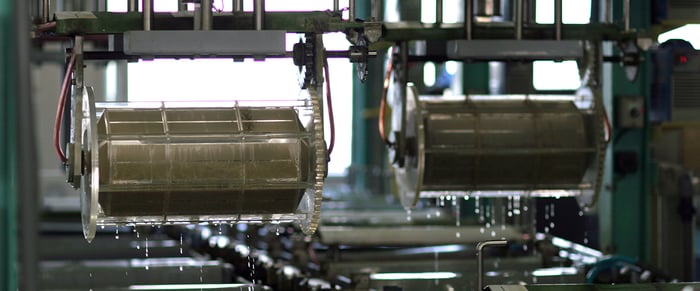
We do much of our plating at our subsidiary, Wako Riken. For certain types of plating, we work with external plating companies. We provide zinc, copper, nickel, tin, gold, silver, rhodium, and chromium plating among others. Contact a sales representative for more information.
Types of metal plating
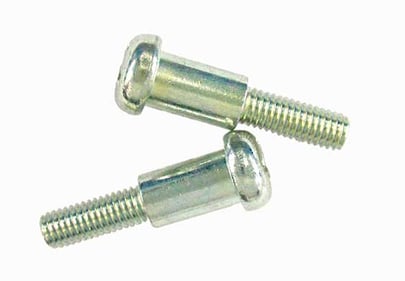
Plating 01
Zinc plating
Iron and steel materials, which are prone to rusting, are commonly plated with zinc to protect against corrosion. After the plating process, the zinc plate is typically coated with chromate to further enhance the corrosion resistance. (Example: trivalent chromate plating)
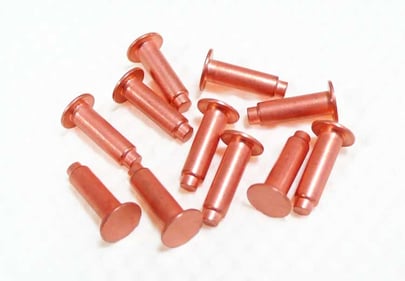
Plating 02
Copper plating
Copper plating provides excellent electrical conductivity and leveling and is extensively used as an underplate for electronic parts and decorative plating.
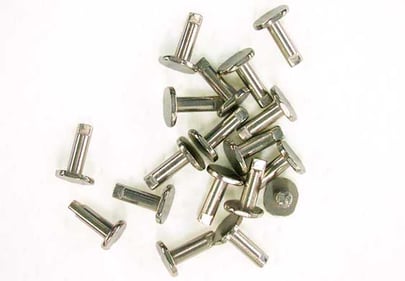
Plating 03
Nickel plating
Nickel, which resists air and humidity much better than iron, is commonly used for anti-corrosion (anti-rust) and decorative applications.
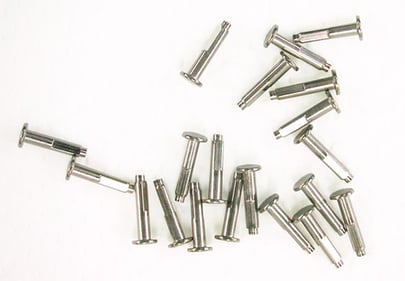
Plating 04
Electroless Nickel plating
Unlike nickel electroplating, this plating technique provides a uniform coating even on products with complex geometries.
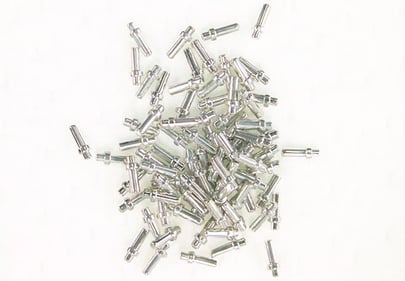
Plating 05
Tin plating
Tin plating, which provides a superior white luster and good solderability, is commonly applied to electronic parts.
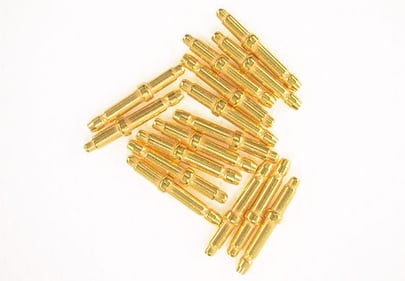
Plating 06
Gold plating
Gold plating provides low contact resistance as well as superior corrosion resistance, oxidation resistance, as well as excellent electrical and thermal conductivity.
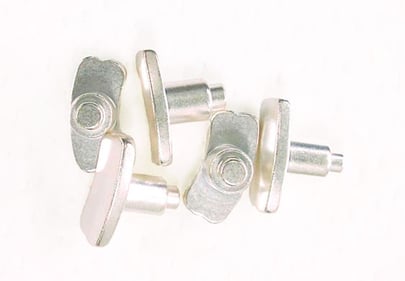
Plating 07
Silver plating
Silver plating, which provides superior electrical conductivity, is commonly applied to electrical contacts and connectors.
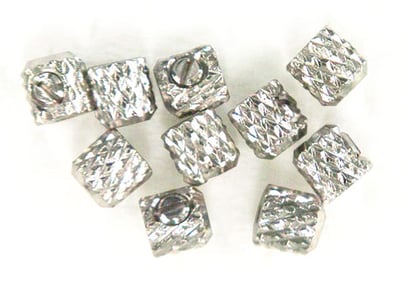
Plating 08
Rhodium plating
Rhodium plating, which provides superior corrosion resistance, high reflectance, and a beautiful white luster, is commonly applied to accessories.
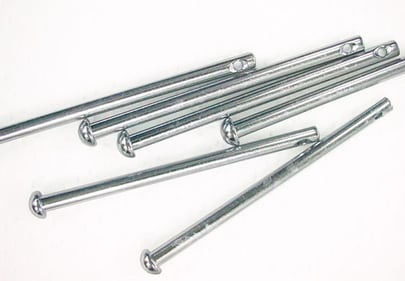
Plating 09
Chrome plating
Chrome plating, which provides a beautiful metallic luster and superior corrosion resistance, is commonly used for decorative applications. It is also used for industrial applications, where its superior lubrication and anti-wear properties contribute significantly to reducing the costs of industrial products.
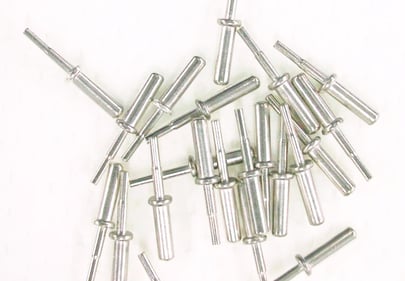
Plating 10
Other Types of plating Provided
We also offer zinc-nickel plating (for corrosion resistance and thermal resistance), tin-cobalt plating (for discoloration resistance), and more.